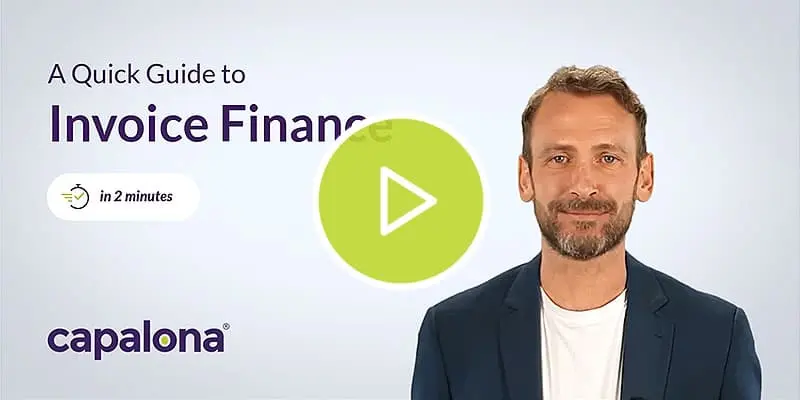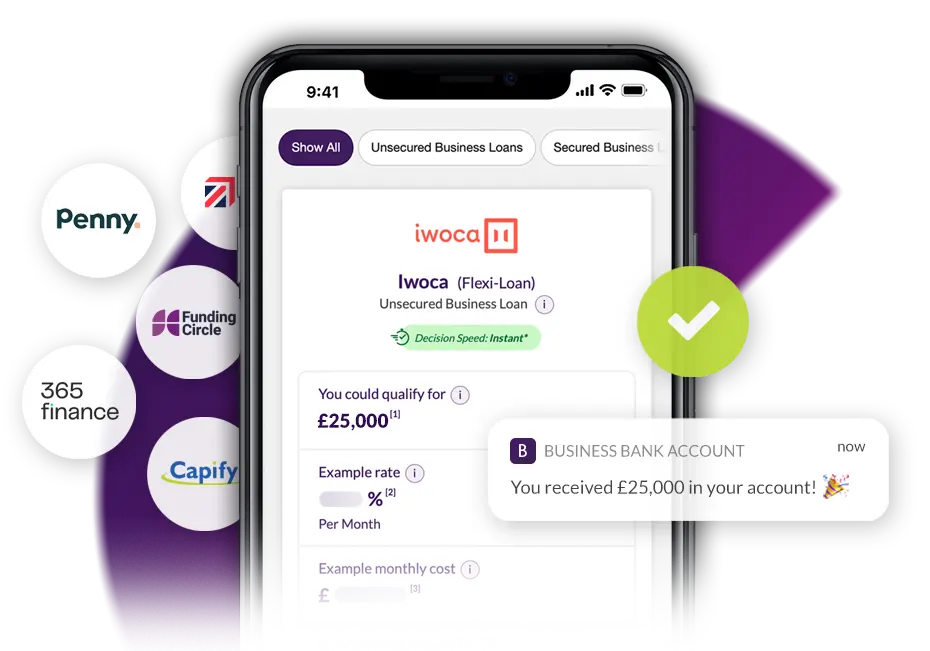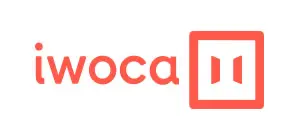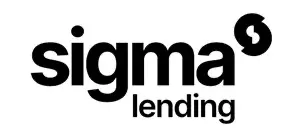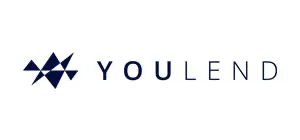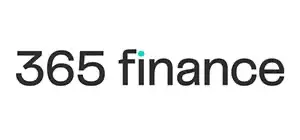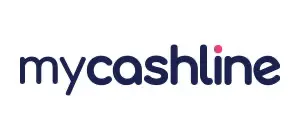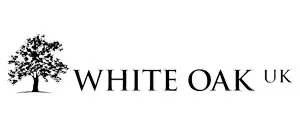Selective Invoice Finance
Selective invoice finance, which is also known as single or spot factoring, offers a convenient and straightforward way to unlock up to 95% of cash tied up in single unpaid customer invoices.
- Compare a wide range of lenders and rates
- Check your eligibility in minutes
- Find out how much you could borrow
It's fast, free and won't affect your credit score
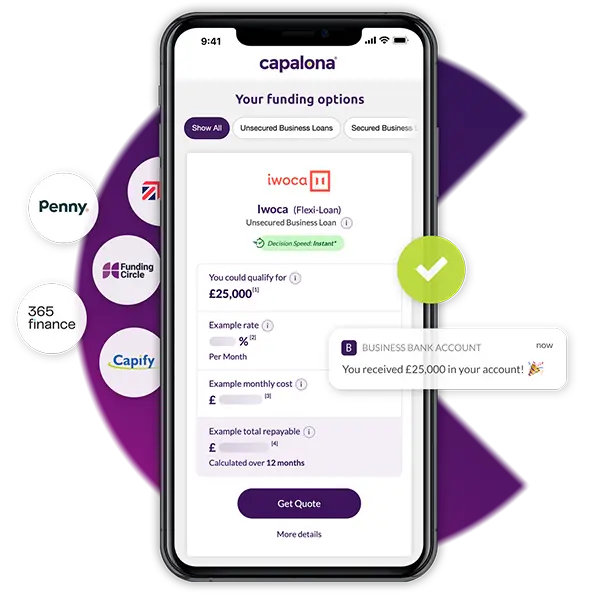

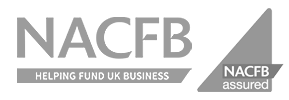



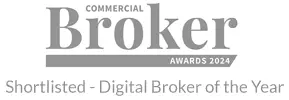
- What is selective invoice finance?
- How does selective invoice finance work?
- Selective invoice finance calculator
- What is the difference between spot, single and selective invoice finance?
- We are the advantages of selective invoice finance?
- What are the disadvantages of selective invoice finance?
- Does my business qualify for selective invoice finance?
- Can I get selective invoice finance if my business has bad credit?
- What is recourse and non-recourse selective invoice finance?
Selective invoice finance enables you to sell individual unpaid invoices at a discount to release funds as working capital for your business. Rather than waiting to be paid up to ninety days for payment of products and services you have delivered, a percentage of the funds can be made available so you can manage your cash flow and get on with running your business effectively.
What is selective invoice finance?
Selective invoice finance, also known as single or spot factoring, offers businesses the opportunity to release the funds tied up in individual unpaid invoices.
Unlike invoice factoring and invoice discounting, the business does not have to sell its entire sales ledger. You can access funds as and when your business requires an injection of cash, by using the facility on an invoice-to-invoice basis.
Choosing to factor an individual invoice does not require you to relinquish control of your customer relationships. Most providers let you stay in control of collecting outstanding payments, so the factoring arrangement remains completely confidential between you and your alternative lending provider. Selective invoice financing is ideally suited to businesses that experience seasonal fluctuations. It offers a short-term alternative finance arrangement that assists with the management of cash flow.
As well as supporting your daily business needs, such as meeting payroll and paying bills, it can also be used to invest in new company assets or employee training programmes.

How does selective invoice finance work?
Most businesses using selective invoice financing will choose to submit a large value invoice to a factoring company, rather than lower value invoices. Having agreed rates and charges, up to 95% of the value of the invoice may be released upfront. The remaining balance is transferred to the business minus service fees once your customer has paid the outstanding amount.
1) Choose invoice - Simply select the invoice or multiple invoices you wish to factor. If your request for capital is approved, you will agree on a fee for the factoring service.
2) Receive initial funding - You will then receive an advance of up to 95% of the value of the invoice, typically within 24 hours.
3) Receive second instalment - When your customer pays the invoice, you will receive the remaining balance minus the lender’s agreed service fee.
Selective invoice finance calculator
Try our selective invoice finance calculator to estimate potential fees and discover how much you could secure with invoice funding.
Your results
Advance amount
£0 (%)
Then
£0*
Estimated Fees
£0
* Will be paid to you when your client has paid the invoice in full and within the agreed invoice term.
This calculator is intended for illustration purposes only, and exact payment terms should be agreed with a lender before taking out a loan.

Checking won’t affect your credit score
What is the difference between spot, single and selective invoice finance?
Absolutely nothing! The most common terms, such as "spot", "single" and "selective" invoice finance all refer to the same funding product. It simply means you have the ability to pick and choose the invoices you want to use to release funding against.
We are the advantages of selective invoice finance?
Selective invoice finance helps you manage your cash flow, pay bills, meet payroll and invest in stock and equipment for your business. You choose the individual invoice you wish to factor, receive the funds you need quickly and retain control of your customer relationships and collection arrangements.
The great benefit with selective invoice finance is that you can access working capital loans to suit the demands of your business.
- One or multiple invoices - Select single or multiple invoices to finance. Unlike full invoice factoring and invoice discounting, you do not need to sell your whole sales ledger.
- No long term contracts - With no long-term contracts and the flexibility to select the invoices you wish to factor, you can plan ahead when running and growing your business. You use it on a ‘pay-as-you-go’ basis.
- Flexible funding - Release up to 95% of the amount on the invoice due. It’s flexible and available as and when you need it.
- Funding in 24 hours - With selective invoice finance, funds are made available incredibly quickly; the cash advance could be in your account within twenty-four hours after approval.
- Manage your credit control - Most lenders will allow you to retain responsibility for credit control. Selective invoice finance remains a completely confidential arrangement between you and your clients.
- Minimal paperwork required - The process is quick and hassle-free with less paperwork than other business funding options.

What are the disadvantages of selective invoice finance?
There are some disadvantages that you should also consider:
- Can become expensive - Due to the flexibility and convenience of the service, you may end up paying a lot more in fees and other charges compared to selling your whole customer debtor book. If you are looking to raise money from a handful of low-value invoices, it may work out cheaper using an ongoing invoice finance facility. Low cost or cheap selective invoice finance may be difficult to find.
- Setup can take time - It can take up to 1-2 weeks to set up your selective invoice finance facility, for this reason, it may not be suitable for businesses seeking immediate working capital.
- Business to business invoices - It’s worth remembering that it’s only available to business that invoice other businesses for products, goods and services on credit terms. If your client base is consumer, this will not be suitable for you.
Don’t worry if you are unsure if this solution is right for you, our spot factoring lenders will help you choose the right package for your business circumstances. Compare selective invoice finance options here.
What our experts say
"If you are looking for a flexible way to release money against selected debtors on an "as and when required" basis with no lengthy contracts, then selective invoice finance may be the solution for you.
However, rather than factoring individual invoices, you may wish to sell your entire sales ledger. If this is the case, an ongoing invoice finance facility could offer the tailored service you require."

Does my business qualify for selective invoice finance?
If you operate a UK-registered PLC, LLP or limited company and invoice business customers for products and services, you could be eligible for selective invoice finance.
- UK Registered business
- Limited, partnership and sole traders accepted
- Provide goods or services to other businesses
If you are not eligible for selective invoice finance, we offer a vast range of alternative finance and can help find the right solution for your business.

Checking won’t affect your credit score
Can I get selective invoice finance if my business has bad credit?
Yes, this is possible. Your business’ financial history may not be taken into consideration as the invoice(s) will essentially be used as an asset to secure against. However, it is worth noting that some providers will only accept the invoice(s) if your customer has a good credit score.
What is recourse and non-recourse selective invoice finance?
"Recourse" simply means you will remain liable for non-payments from your clients. If the lender is unable to collect payment, you will be required to pay back the invoice's value. However, with a "non-recourse" agreement, the lender will become liable should a client fail to pay due to insolvency or protracted default. It includes bad debt protection, an invoice insurance policy that helps reduce the risk of non-payments.
Adrian T
5/5
Amazingly fast, efficient service, minimal paperwork. So much faster than my business bank of twelve years.
